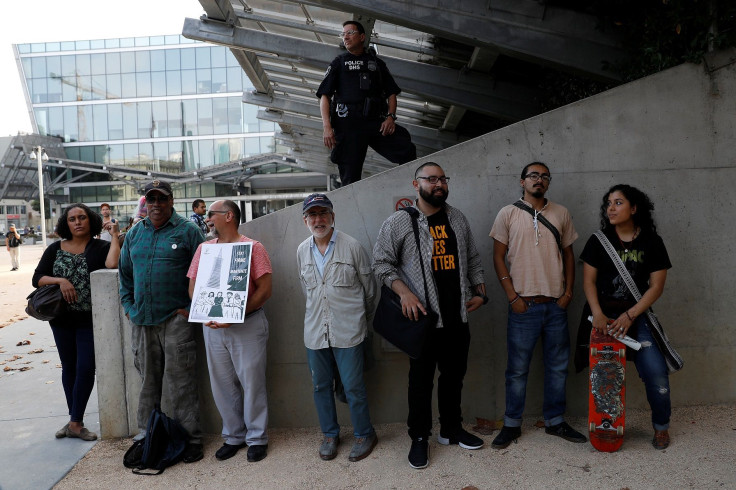US Homeland to gather social media info, online search history of immigrants

The US will collect social media information on all its immigrants. The Department of Homeland Security published a new rule last week to include immigrants’ social media activities and Internet search results.
The announcement, which was published in the Federal Register last week and was first reported by BuzzFeed News, says it would include the “social media handles, aliases, associated identifiable information and search results” of the immigrants, including permanent residents and naturalized citizens. The effective date is Oct. 18.
The 12-point policy expands the list of what DHS will be allowed to collect from them. Apart from the immigrants’ social media accounts, their “publicly available information obtained from the Internet, public records, public institutions, interviewees, commercial data providers, and information obtained and disclosed pursuant to information sharing agreements” are also recorded.
As it involves immigrants’ online activities, it would also involve US citizens who communicate with immigrants, according to Adam Schwartz, an attorney with the Electronic Frontier Foundation, which advocates for privacy and free expression. Any person who interacts with immigrants on social media would be inevitably be subjected to surveillance as well.
“We see this as part of a larger process of high-tech surveillance of immigrants and more and more people being subjected to social media screening,” he told BuzzFeed. “There’s a growing trend at the Department of Homeland Security to be snooping on the social media of immigrants and foreigners and we think it’s an invasion of privacy and deters freedom of speech.”
Basing on social media for information on national security concerns is unreliable, according to studies. However, even knowing this, the Trump administration still has had interest in how it is used. Cesar Cuahtemoc Garcia Hernandez, assistant professor at the University of Denver Sturm College of Law, said authorities could use information garnered from social media posts to exclude people from entering the country.
“Folks might share a post of social media that seems ripe for government officials to use as the hook for a conversation that starts to resemble an ideological purity test,” he said. And there’s also the question of what if a person’s accounts were hacked and they were blamed for a post that they did not write.
“The fact that information gleaned from Facebook or Instagram or other social media networks might not be reliable doesn’t mean that it will preclude DHS from using it as a basis for excluding people from the United States,” he said.




















